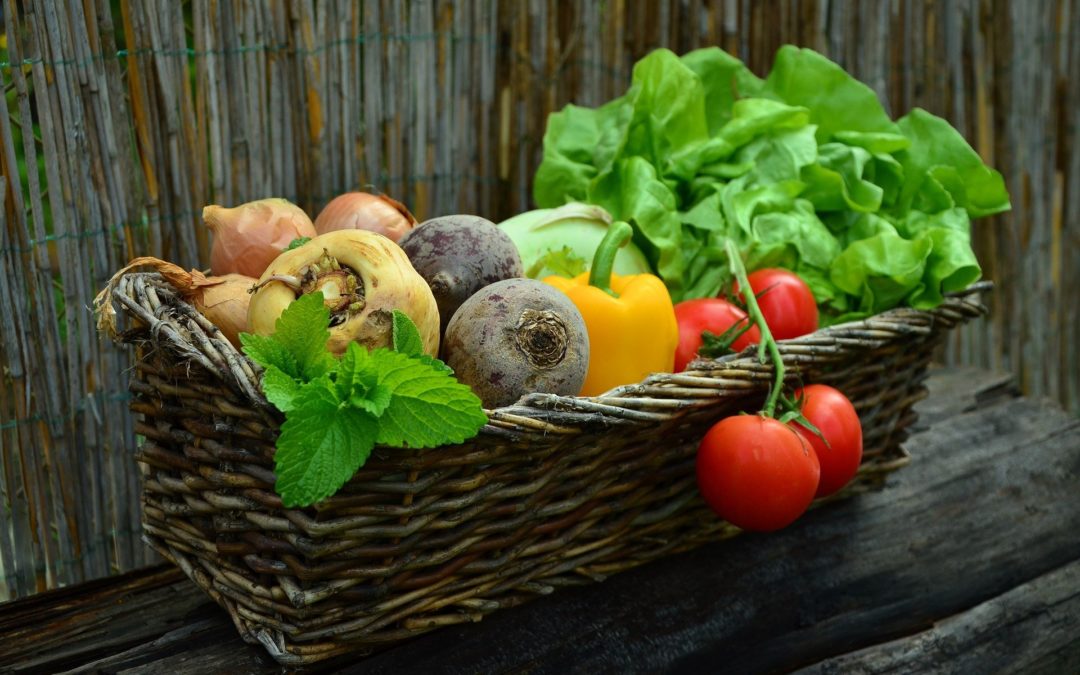Eating seasonally was the rule, before modernity made grocery stores big and popular. The tie with the local economy has weakened: what are the advantages of going back to a seasonal diet?
People all over the world have been eating seasonally before worldwide trading and big grocery shops were popular: today, on the contrary, we can eat whatever we want, whenever we want. The link between what we eat and what grows locally has almost disappeared and not only nutritionists, but environmentalists too are concerned that what we gain in choice we are losing in health. Eating seasonally is not an “all or nothing” principle, but more of a guideline.
Eating seasonally: physical and nutritional benefits
What are the actual benefits of a seasonal diet? First, it is important to keep in mind that we, as beings, are connected to nature, and that our bodies have different needs in different times of the year. We have to consider that seasonal products give us the right energy at the right times. Second, seasonal food usually tastes better and overall fresher; it encourages us to try new things, new recipes, to be more creative and switch our diets up, leading to nutritional variety.
Further economic and environmental advantages
The benefits do not end there: there are economic and environmental advantages as well. Of course, seasonal food usually grows closer to home, so the distribution costs are reduced (as well as pollution caused by oversea transports), and the price of the products is consequentially lower: you will certainly be saving money. By buying local products you will be supporting the local economy, too. The environment will also benefit from your seasonal diet, and you will also be able to create connections with your territory and with your local farmers, who will ensured more workplaces.
How can you reach a seasonal diet?
A question which may naturally rise is: how can we reach a diet which is completely seasonal? Keep in mind that eating seasonally does not mean to completely forget the comforts of our modern and globalized world. It is more of a guide principle: you can start by including seasonal ingredients in your dishes, to slowly reach a more sustainable diet. To eat seasonally you must know your local offer, since products change according to different zones and weathers. It might be easier to find a wider variety of products in warmer seasons or if you live in a very warm country. When that is not the case, you can start from a seasonal food guide, and then even create your own garden, perhaps a vertical one, if you have free space!

